Learning to Flourish: A Philosophical Exploration of Liberal Education Review
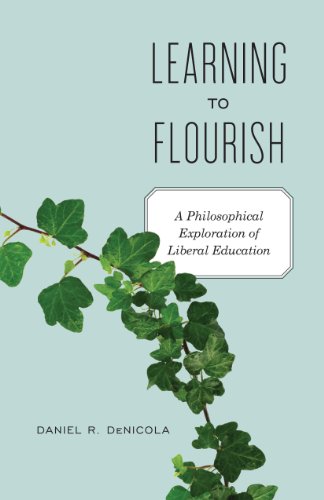
Learning to Flourish: A Philosophical Exploration of Liberal Education Review

Machine Learning for Hackers Review
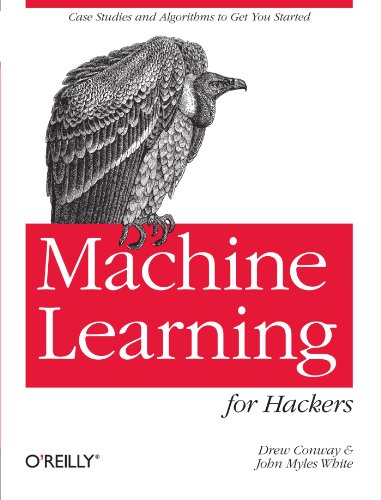
If you’re an experienced programmer interested in crunching data, this book will get you started with machine learning—a toolkit of algorithms that enables computers to train themselves to automate useful tasks. Authors Drew Conway and John Myles White help you understand machine learning and statistics tools through a series of hands-on case studies, instead of a traditional math-heavy presentation.
Each chapter focuses on a specific problem in machine learning, such as classification, prediction, optimization, and recommendation. Using the R programming language, you’ll learn how to analyze sample datasets and write simple machine learning algorithms. Machine Learning for Hackers is ideal for programmers from any background, including business, government, and academic research.
Trail Guide to Learning: Paths of Exploration Set Review
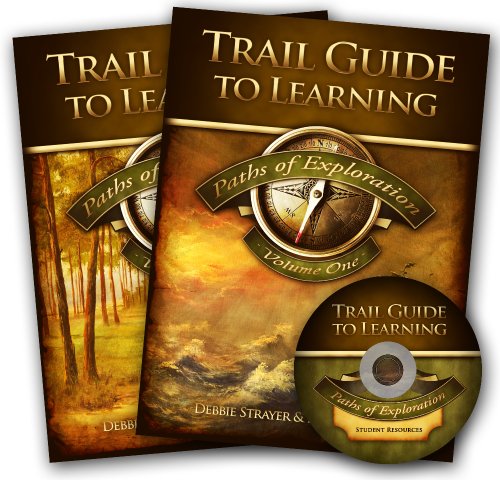
So, pack your bags and prepare to travel across time and territory with great explorers as your guide!
New Guide for Occupational Exploration: Linking Interests, Learning and Careers Review
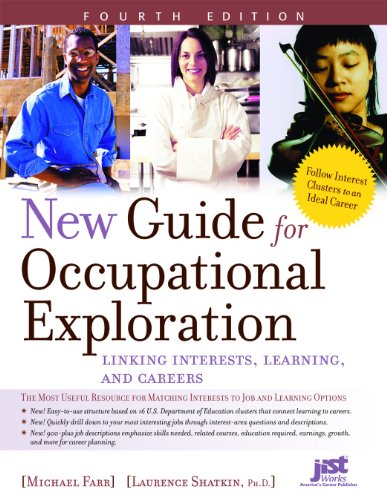
Empowerment Through Experiential Learning: Explorations of Good Practice Review
Accelerated Learning for the 21st Century: The Six-Step Plan to Unlock Your Master-Mind Review
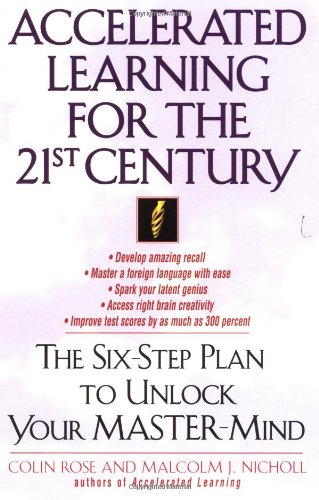
Distance education, on-campus learning, and e-learning convergences: an Australian exploration.: An article from: International Journal on E-Learning Review
Designing for Learning in an Open World (Explorations in the Learning Sciences, Instructional Systems and Performance Technologies) Review
Learning performance and computer software: an exploration of knowledge transfer [An article from: Computers in Human Behavior] Review

Explorations in Learning and the Brain: On the Potential of Cognitive Neuroscience for Educational Science Review
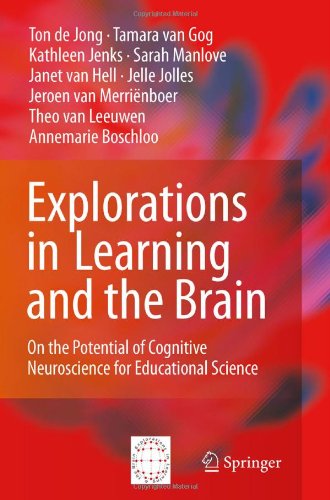
Theoretical Foundations of Learning Environments Review

Theoretical Foundations of Learning Environments provides students, faculty, and instructional designers with a clear, concise introduction to the major pedagogical and psychological theories and their implications for the design of new learning environments for schools, universities, or corporations. Leading experts describe the most important contemporary theories that form the foundation of the conception and design of student-centered learning environments and new applications of educational technologies. This book is well suited as a textbook for courses in instructional design, educational psychology, learning theory, curriculum theory and design, and related areas.
The rise of constructivism and its associated theories represented a paradigm shift for educators and instructional designers to a view of learning as necessarily more social, conversational, and constructive than traditional transmissive views of learning. This bestselling book was the first to provide a manageable overview of the altered field, and the second edition has been fully updated to include expert introductions to metacognition, Argumentation, and other key contemporary theories.
LOST SHIPS: THE DISCOVERY AND EXPLORATION OF THE OCEAN'S SUNKEN TREASURES (The Learning Channel Series) Review
Mediated Learning: Teaching, Tasks, and Tools to Unlock Cognitive Potential Review
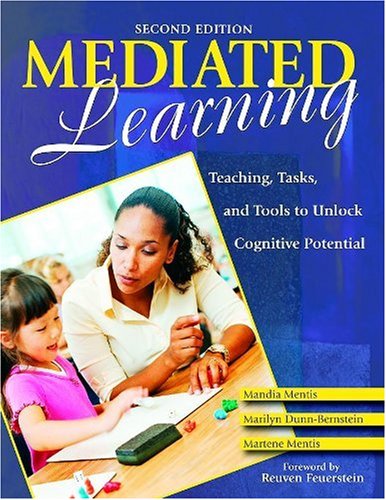
Rethinking Undergraduate Business Education: Liberal Learning for the Profession (Jossey-Bass/Carnegie Foundation for the Advancement of Teaching) Review

The Carnegie Foundation for the Advancement of Teaching's national study of undergraduate business education found that most undergraduate programs are too narrow, failing to challenge students to question assumptions, think creatively, or understand the place of business in larger institutional contexts. Rethinking Undergraduate Business Education examines these limitations and describes the efforts of a diverse set of institutions to address them by integrating the best elements of liberal arts learning with business curriculum to help students develop wise, ethically grounded professional judgment.
The Role of Criticism in Understanding Problem Solving: Honoring the Work of John C. Belland (Explorations in the Learning Sciences, Instructional Systems and Performance Technologies) Review
The Nature of Statistical Learning Theory (Information Science and Statistics) Review
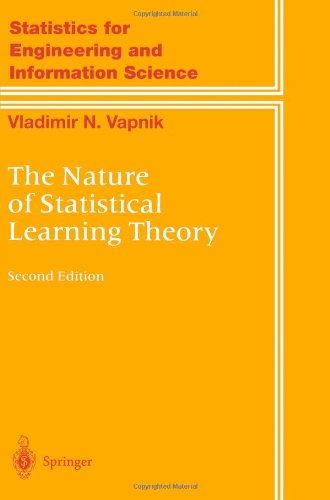
The Art of Changing the Brain: Enriching the Practice of Teaching by Exploring the Biology of Learning Review
